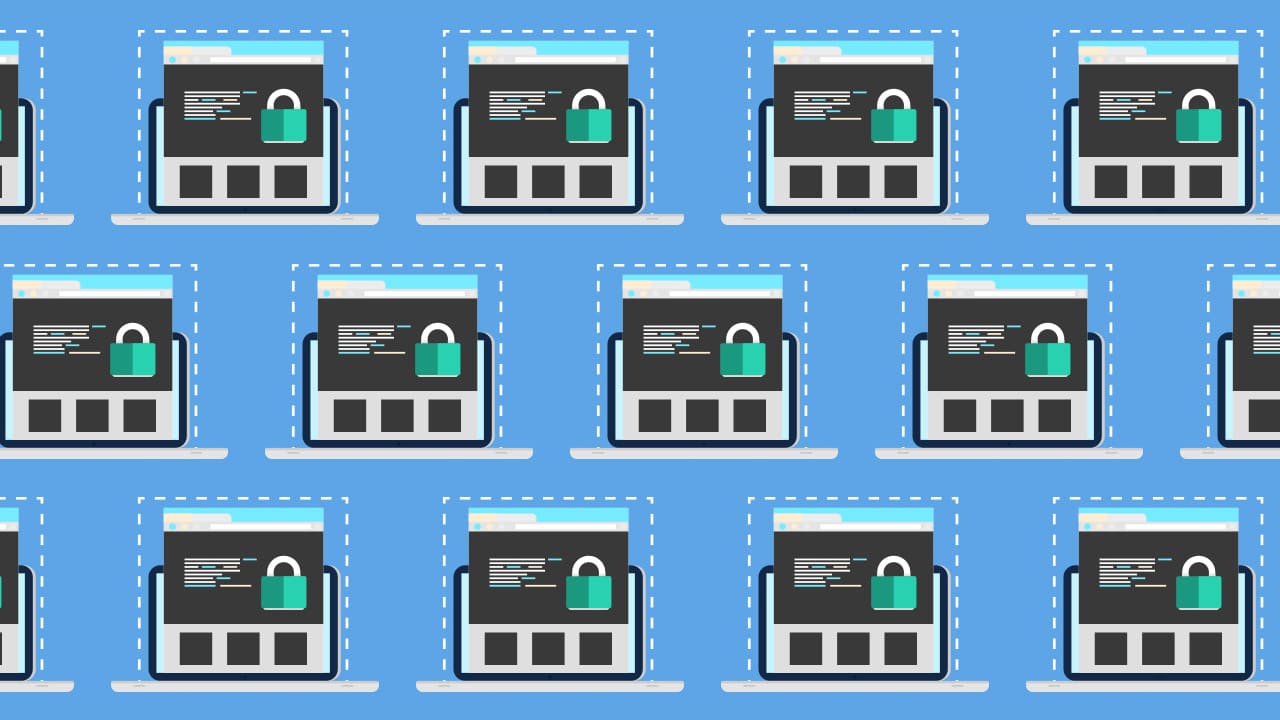Read in Arabic / للقراءة بالعربية
While freedom of expression is one of the most important gains of the Tunisian revolution, it is on the verge of decay due to the serious deterioration Tunisia is witnessing at political, economic, and social levels, especially after the President of the Republic declared on July 25, 2021 a “state of exception”, invoking emergency powers, dissolving the parliament, abolishing the constitution, and claiming legislative power, which has enabled him to issue several decree laws in various fields.
Among the dangerous decree laws issued during the exceptional period, we highlight the Decree law No. 54 of 2022, issued September 13, 2022, on combating crimes related to information and communication systems (“Decree law 54”).
Decree law 54 has exacerbated the fragility of the situation for freedom of expression in Tunisia. In 2022, the country fell by 21 places in the Reporters Without Borders annual rankings on press freedom, due to the significant financial difficulties the media and journalists faced, and the government prosecution of individuals for participating in peaceful assembly or criticizing public authorities.
Many individuals have already been prosecuted under Decree law 54 for publishing information and their opinions online, including:
- Lawyers Ayachi Hammami and Ghazi Chaouachi for their criticism of the Minister of Justice.
- Politician Shaima Issa for her criticism of the President of the Republic.
- Journalist Nizar Bahloul for publishing an opinion piece criticizing the prime minister.
- Student Ahmed Bahaa Eddin Hamada for publishing information about protests in a popular neighborhood.
- Former member of the Electoral Commission Sami Ben Salama for his criticism of the Board of the Electoral Commission.
- Civil society activist Hamza al-Obeidi for a Facebook post calling for revolution.
These prosecutions raise legitimate questions about the real purpose behind the adoption of Decree law 54, especially since the crimes stipulated in Article 24 are already criminalized under Decree law No. 115 on freedom of the press.
Article 24 provides for an imprisonment of five years and a fine of 50,000 dinars (16,000 USD), for whoever publishes content with the aim of violating the rights of others, harming public security or national defense, spreading terror among the population, or inciting hate speech. The punishment is doubled if the targeted person is a public official.
Vague and broad terms
Article 24 of Decree law 54 contains broad and imprecise terms. A wide range of acts are criminalized, such as “producing, promoting, publishing, sending, or preparing false news, statements, rumors, or documents that are fabricated, forged, or falsely attributed to others with the aim of infringing on the rights of others, harming public security or national defense, or spreading terror among the population.”
In this context, it is unclear what constitutes “false news,” “false statements,” or “false rumors,” or what could be interpreted as intended to harm public security or spread terror among the population.
The second paragraph of Article 24 also contained the bizarre crime of “inciting hate speech.” Does this mean that spreading hate speech without incitement is not criminalized under Tunisian law?
The use of these broad terms contradicts General Comment No. 34 of 2011 in which the UN Human Rights Committee stressed the need to adopt laws “with sufficient precision to enable an individual to regulate his or her conduct accordingly.” Overly broad terms open the door for administrative and judicial authorities to expand interpretation and thus illegally restrict freedom of expression in the digital space.
Enhanced protection for public officials compared to other citizens
Article 24 of Decree law 54 includes severe penalties of imprisonment for five years and a fine of $16,000, for anyone who publishes news or content containing personal data or false information with the aim of defaming or harming others, or inciting attacks on them.
This penalty is doubled if the victim is a public official.
Doubling the punishment simply based on the position of the victim is directly at odds with the Tunisian Constitution of 2022, which stipulates in its Article 23 the principle of equality and non-discrimination. The UN Human Rights Committee also stressed in General Comment No. 34 of 2011 that “laws should not provide for more severe penalties solely on the basis of the identity of the person that may have been impugned.”
While public figures enjoy legal protection for their right to reputation and dignity, they must show greater tolerance than other individuals, since the assumption of public functions makes such persons a subject of greater scrutiny and widespread criticism that must be accepted as an integral part of the burden of public responsibility.
What should be done
Access Now calls on the Tunisian authorities to abrogate Decree law 54, which contradicts the 2022 Constitution and Tunisia’s international human rights obligations.
We should pay attention to the risks that such legislation can entail and address them nationally and internationally to preserve human rights online and off.
- On the national level, Tunisians should contact MPs who have recently started their duties to convince them not to approve this Decree law 54 or, at least, to repeal Article 24.
- Internationally, states involved in drafting a UN Cybercrime Convention should take into account that what Tunisia has done comes in the context of a spreading wave of cybercrime laws in the region, where authoritarian states use the fight against cybercrime as an excuse to undermine freedom of expression online.
